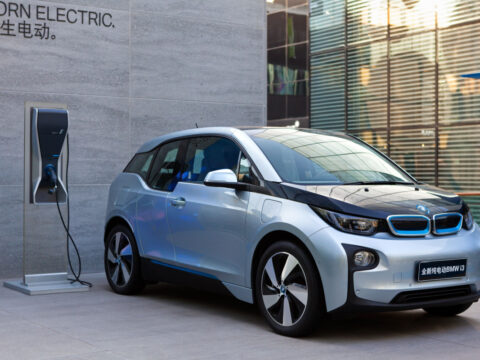In the face of a rapidly evolving automotive landscape, the rise of electric cars has presented a disruptive force to the traditional dominance of fossil fuels. However, as electric vehicles gain traction and become more prevalent on our roads, a powerful opponent has emerged to protect the vested interests of the oil industry. Fueled by its desire to maintain the status quo, Big Oil has propagated a web of myths and misconceptions surrounding electric cars. This article will expose and debunk ten prevalent electric car myths perpetuated by the oil industry.
Contents
Electric Cars Are Not Environmentally Friendly
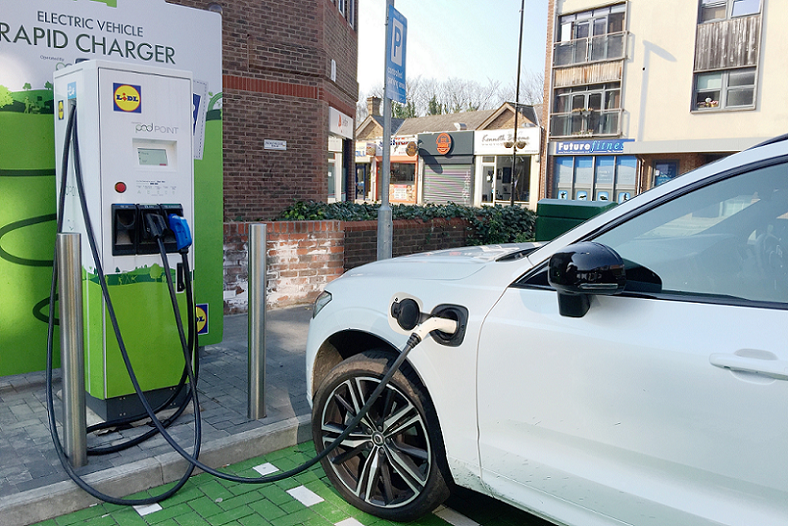
This myth suggests that electric cars are just as harmful to the environment as gasoline-powered vehicles. In reality, electric cars produce zero tailpipe emissions, reducing air pollution and greenhouse gas emissions significantly.
Electric Cars Have Limited Range and Are Inconvenient for Long Trips
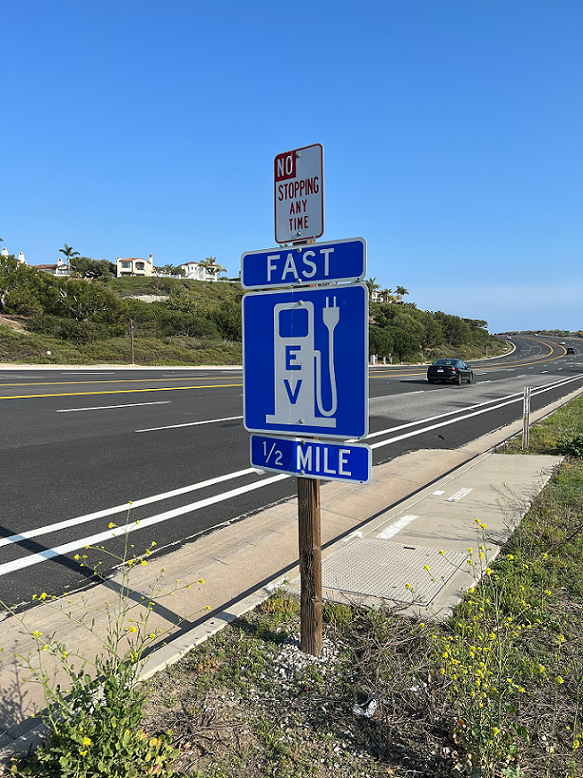
This myth implies that electric cars can only travel short distances before needing to recharge, making them impractical for long journeys. However, advancements in battery technology have significantly increased the range of electric vehicles, and rapid charging infrastructure is expanding to support longer trips.
Electric Cars Are Slower and Less Powerful Than Gasoline Cars
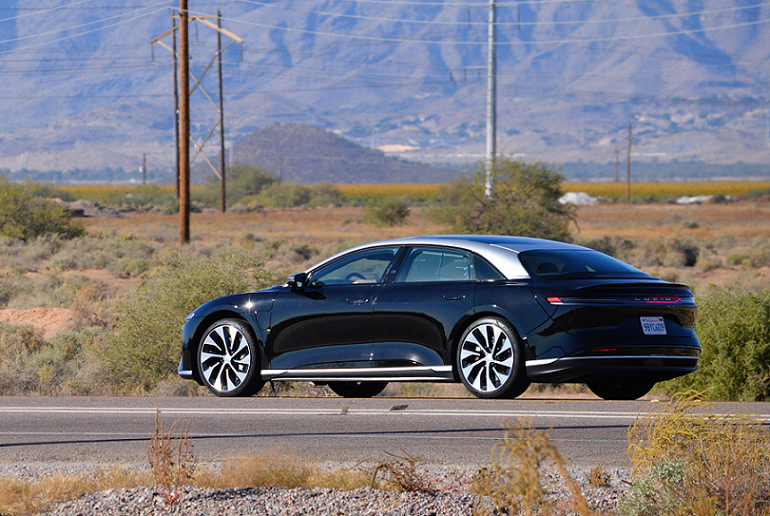
This myth suggests that electric cars lack the power and performance of traditional gasoline vehicles. On the contrary, electric cars provide instant torque, delivering impressive acceleration and performance.
Electric Cars Are Expensive and Not Cost-Effective
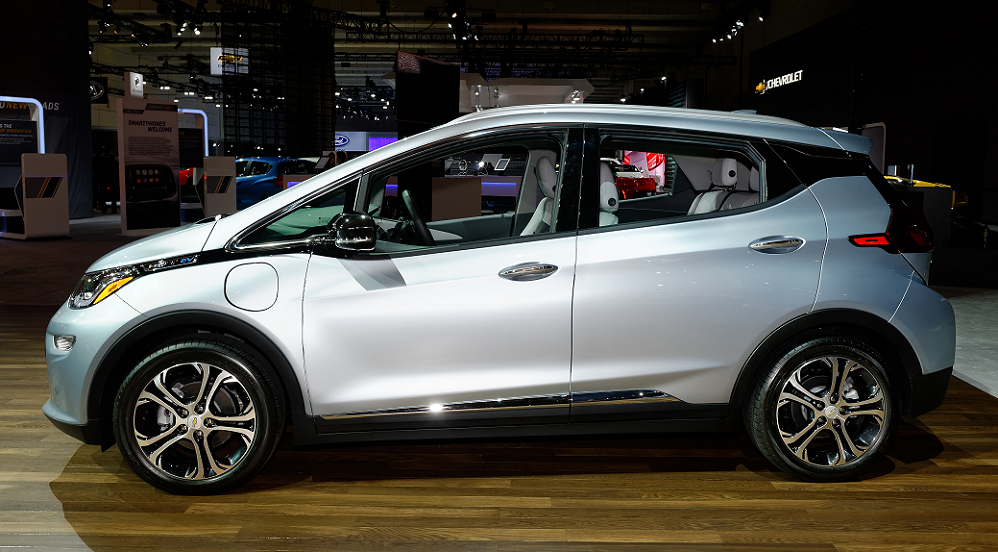
This myth claims that electric cars are exorbitantly priced, making them unaffordable for the average consumer. While electric cars may have higher upfront costs, they offer lower operating and maintenance costs over the vehicle’s lifetime, ultimately providing potential savings.
Electric Cars Are Unsafe Due to Their High-Voltage Systems
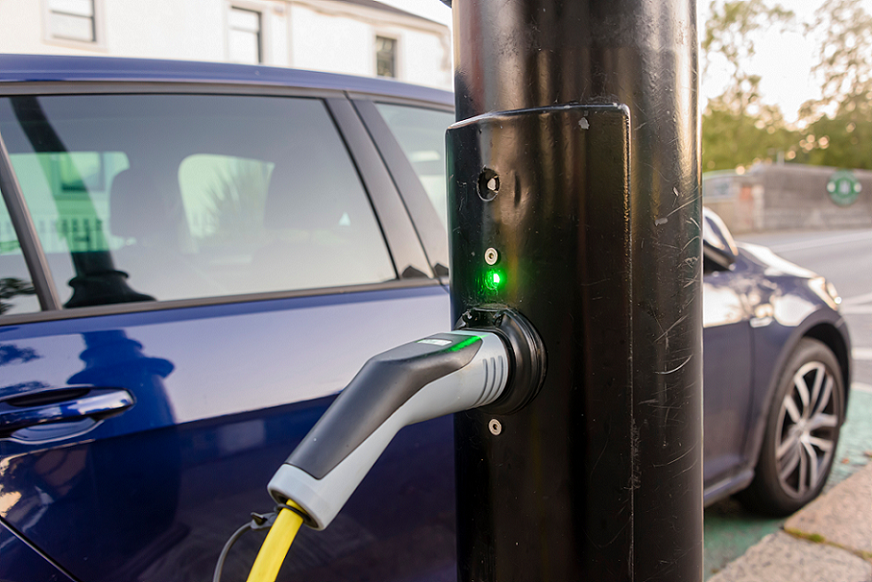
This myth suggests electric cars are more dangerous because of their high-voltage systems. Electric cars undergo rigorous safety testing and adhere to strict safety standards. They are designed with extensive safety features to protect passengers in a collision.
Electric Cars Require Frequent Battery Replacements

This myth asserts that electric car batteries degrade quickly, necessitating costly replacements. However, modern electric vehicle batteries are designed to last thousands of charging cycles and often come with warranties that guarantee their performance over extended periods.
Electric Cars Are Not Practical for Cold Weather Conditions
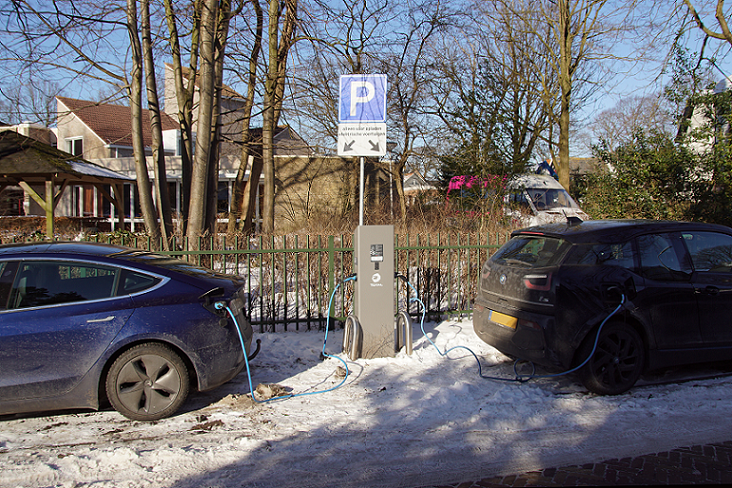
This myth suggests that electric cars perform poorly in cold climates, experiencing significant range loss due to battery inefficiencies. While extreme temperatures can affect battery performance, manufacturers constantly improve thermal management systems to mitigate these effects.
Charging Infrastructure for Electric Cars Is Inadequate
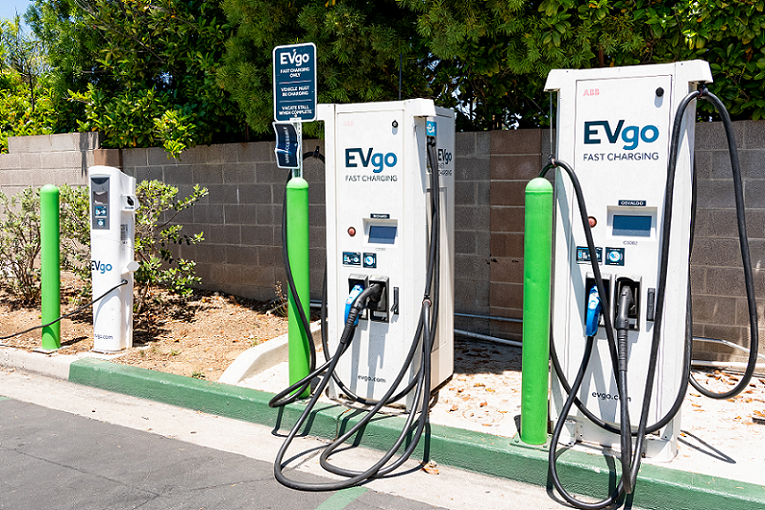
This myth claims that there is a lack of charging infrastructure, making it inconvenient to recharge electric cars. However, charging networks are rapidly expanding, and public and private entities are investing heavily in building an extensive network of charging stations.
Electric Cars Are Not Suitable for Everyone’s Needs
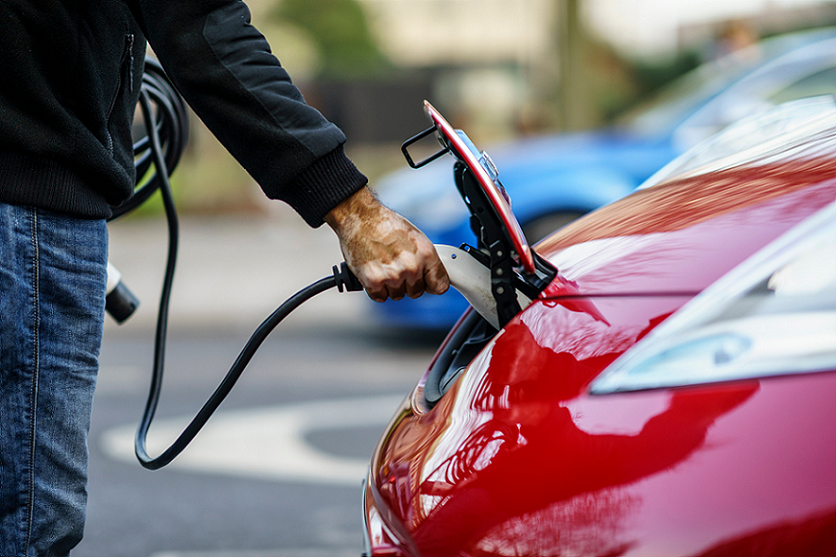
This myth asserts that electric cars are only suitable for a limited number of drivers with specific needs, such as short commutes or urban driving. However, electric vehicles now come in various models and sizes, catering to different driving requirements, including SUVs and long-range options.
Electric Cars Are Not as Reliable as Gasoline Cars
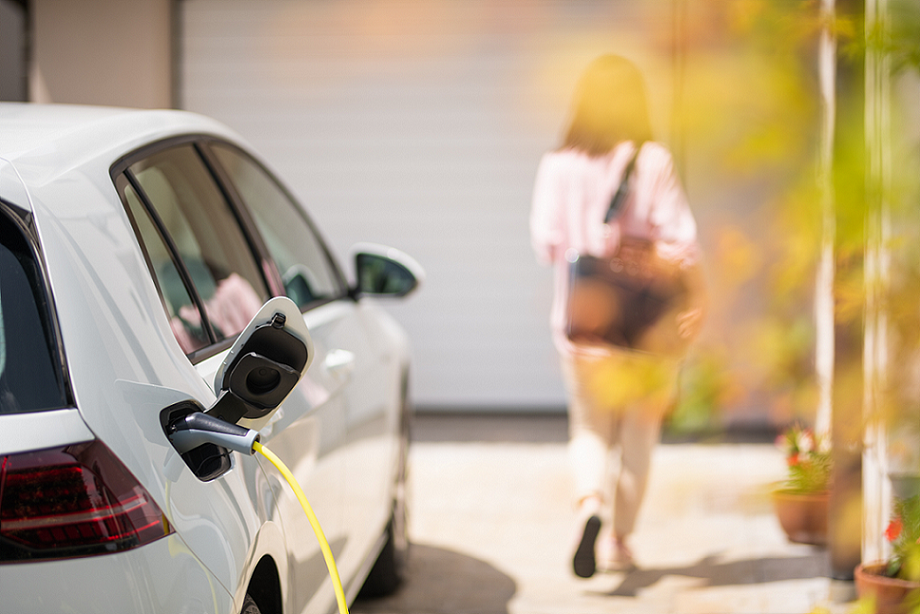
This myth suggests that electric cars are prone to frequent breakdowns and have lower overall reliability than gasoline cars. In reality, electric vehicles have simpler drivetrains with fewer moving parts, reducing the likelihood of mechanical failures and offering improved reliability.
This article originally appeared MyCarMakesNoise.


